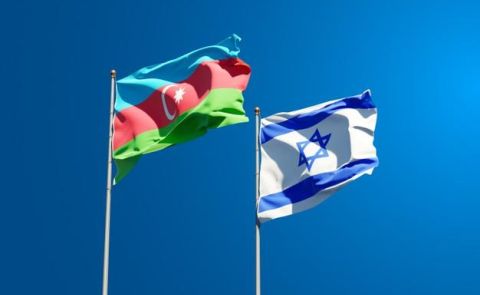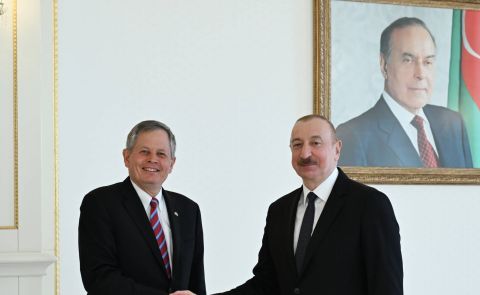
Abkhazia’s Separatist Leader Discusses Relations with Russia
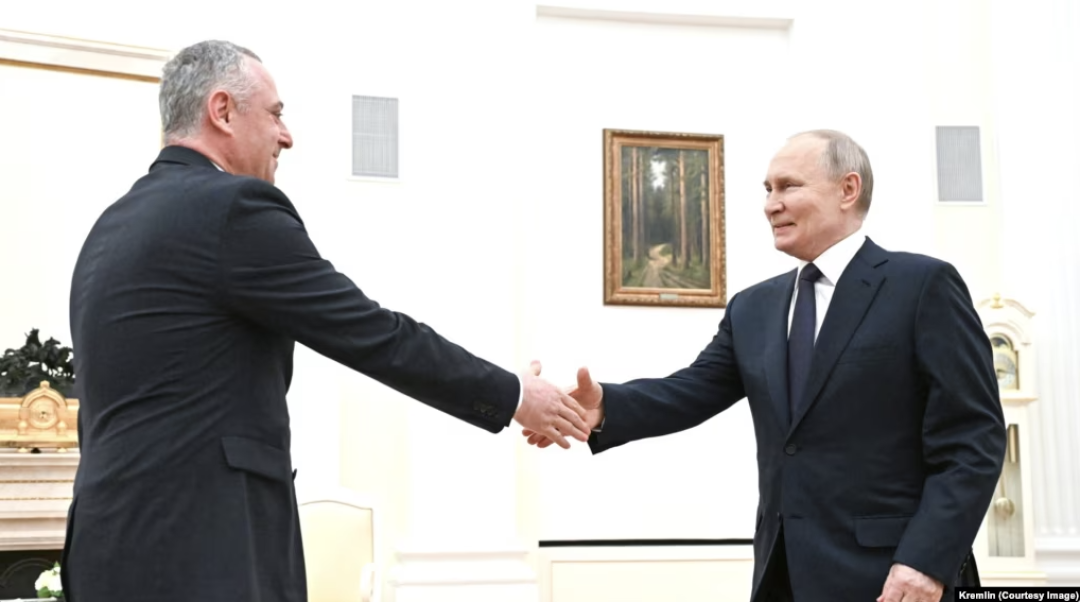
Badra Gunba, the leader of separatist Abkhazia, gave an interview to the Russian TASS news agency during the Caucasus Investment Forum, where he outlined the key priorities of the republic’s domestic and foreign policy. Gunba emphasized that the Russian military presence in Abkhazia is a critical factor in ensuring the republic’s security.
Gunba highlighted the importance of the seventh Russian military base and units of the Russian Federal Security Service (FSB) Border Directorate stationed in Abkhazia, noting their role in maintaining stability and peace.
“The presence of the seventh Russian military base and the FSB Border Directorate in Abkhazia provides an additional layer of security, ensuring peace and stability in our republic. The people of Abkhazia deeply appreciate and thank the leadership of the Russian Federation for this decision,” Gunba stated.
He added that Abkhazia’s authorities maintain constant communication with Russian units stationed in the republic. “I am confident that their presence will continue to contribute to maintaining peace and stability,” the president affirmed.
Gunba also emphasized Abkhazia’s openness to investors, stressing that proposed projects will be considered individually with a focus on transparency to ensure citizens understand their purpose.
“We are ready to evaluate each project individually and engage in discussions with potential investors. We will maintain maximum openness and transparency for both investors and our society, so our citizens understand why specific projects are being implemented in Abkhazia,” he said.
Gunba noted that over the past five years, more than 30 billion rubles in private investment have been attracted to Abkhazia’s economy. He stressed that new investment projects are essential for creating favorable conditions for economic development.
“No economy can thrive without investment, especially given the challenges we face. By leveraging these opportunities, we create favorable conditions for our country’s economic growth. We will continue to pursue projects aimed at attracting investment to the Abkhaz economy,” the president added.
Gunba also discussed transportation developments, noting that railway services resumed on May 1, with the first electric train running from Sirius to Sukhumi. “We hope to expand the railway’s reach to connect Sochi’s airport with Sukhumi’s airport. We are currently discussing this with our colleagues and plan to reconstruct the railway infrastructure. I believe we can achieve this within one and a half to two years,” he said.
The president mentioned that a maritime link between Sochi, Sukhumi, and Gagra was implemented but proved unpopular among tourists due to the lengthy route, complex approval procedures, and border checks. As a result, Abkhazia is now prioritizing rail and air connections.
“Air traffic between the Russian Federation and Abkhazia is a priority for us. The geography of flights is expanding, with several airlines showing active interest. Currently, flights operate from Moscow, Nizhny Novgorod, and other Russian cities. I am confident that by the end of the year, the range of destinations will grow,” Gunba said. He added that Sukhumi’s airport requires no modernization, even with an increase in airlines and flight destinations.
See Also

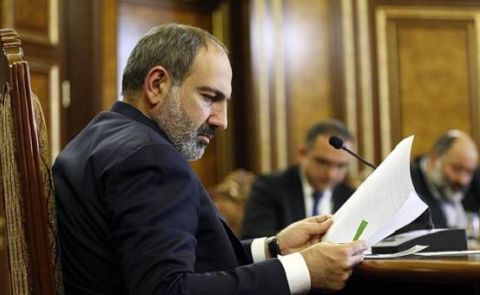
Pashinyan Commemorates First Republic Day, Highlights Progress in Sovereignty and Peace Efforts

Israeli Ambassador to Armenia Acknowledges Challenges but Optimistic About Future Armenian-Israeli Cooperation

EU Plans Closer Cooperation with Azerbaijan, Georgia, Türkiye, and Other Black Sea States
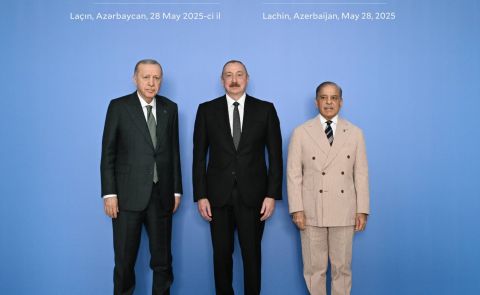
Azerbaijan, Türkiye, and Pakistan Highlight Growing Strategic Cooperation at Lachin Summit
